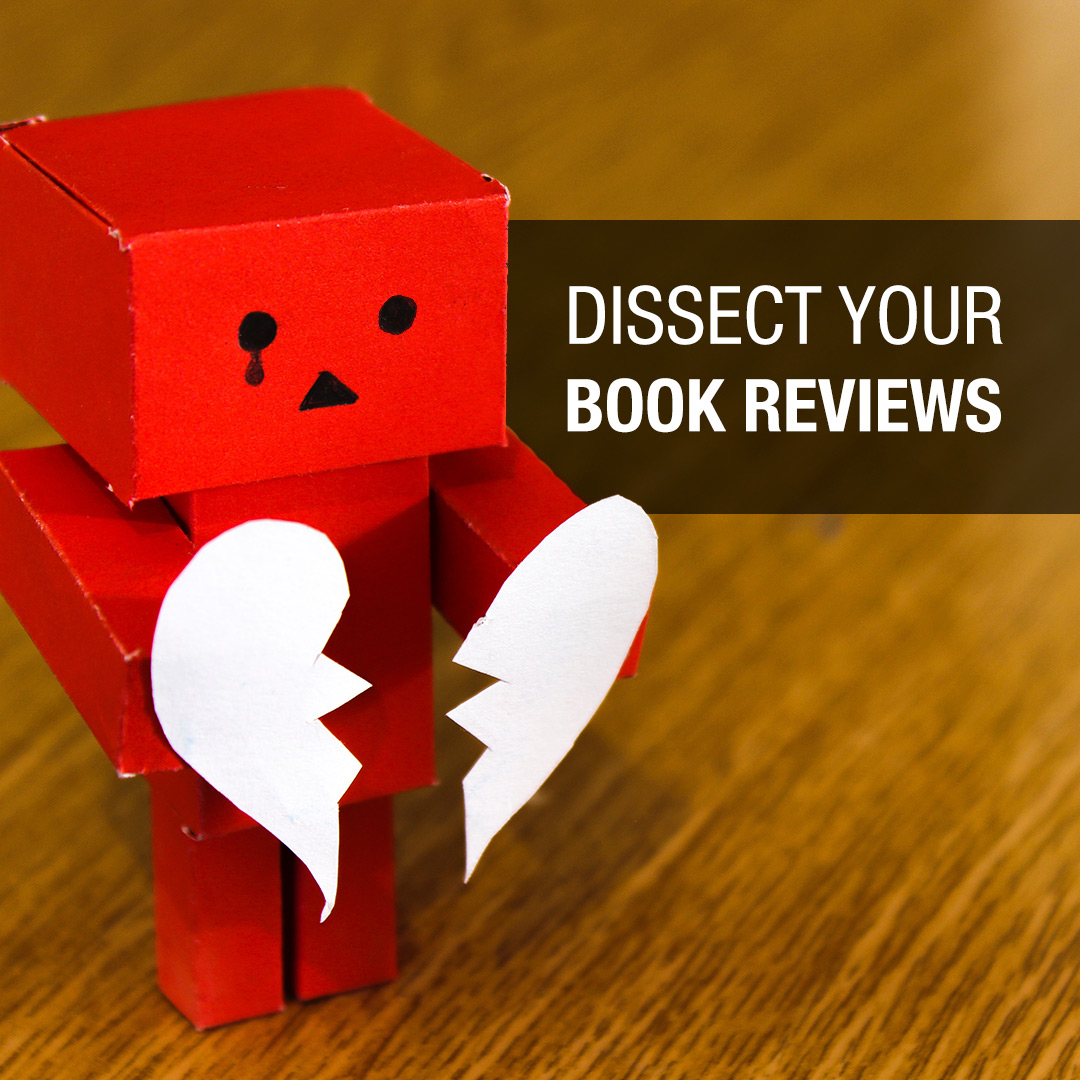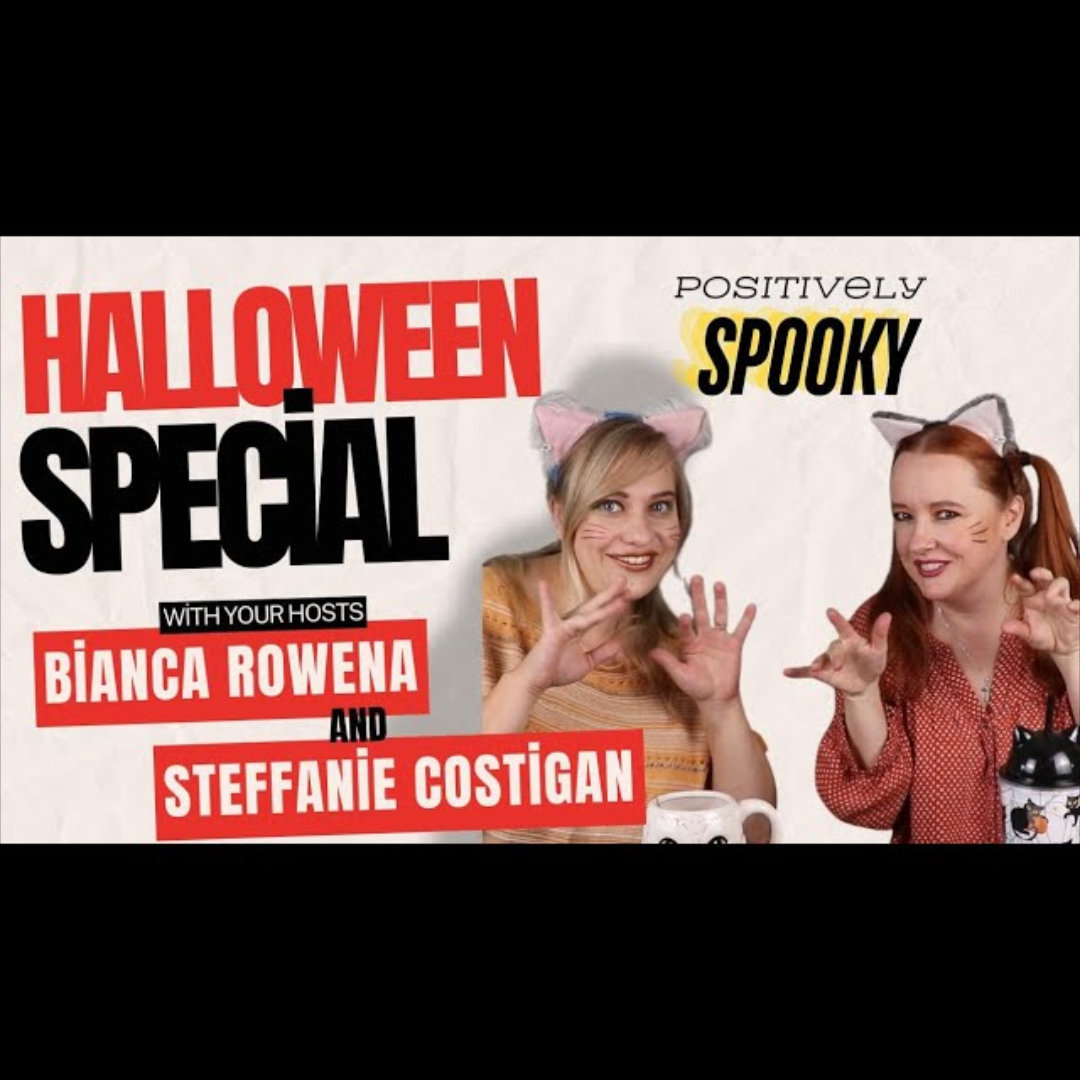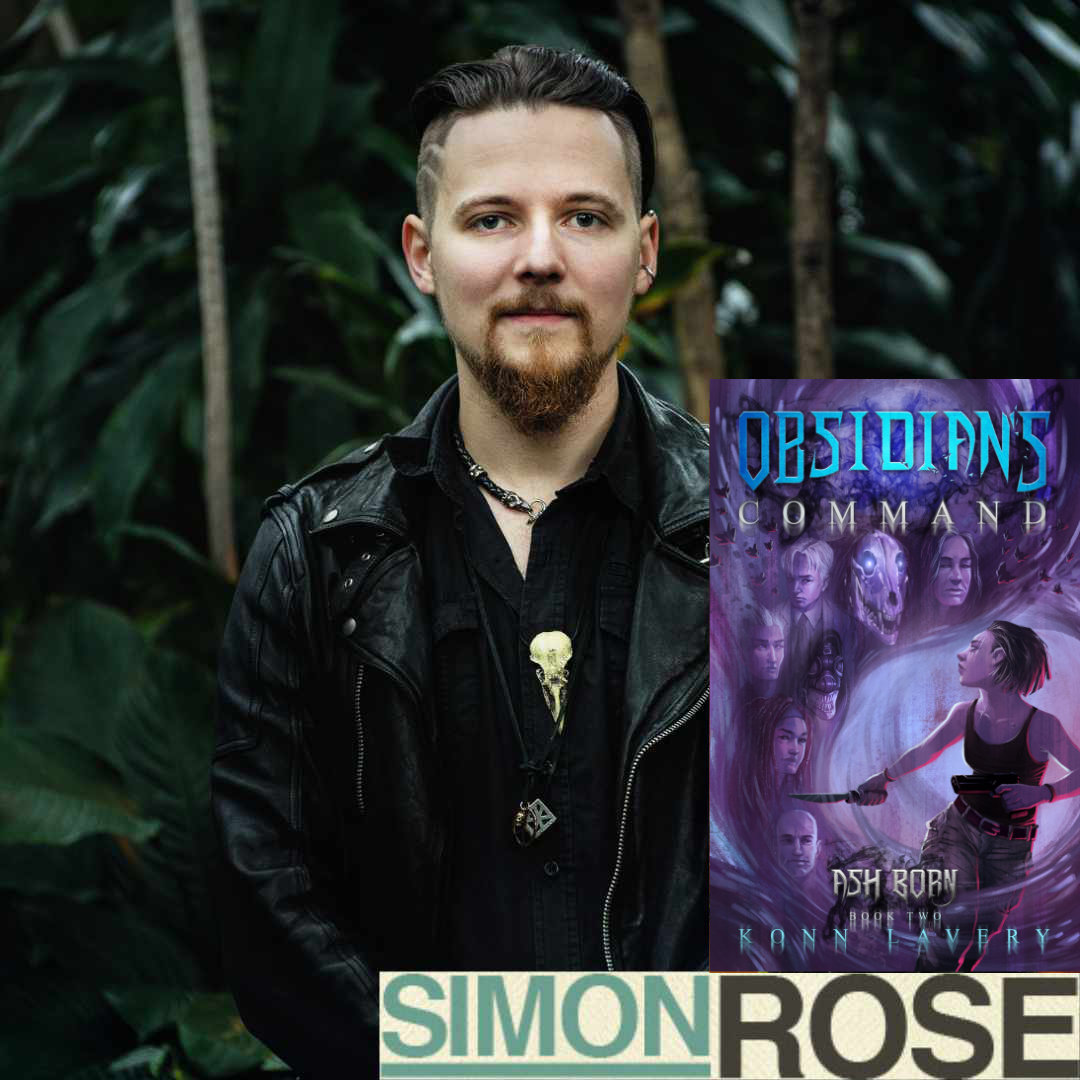
Dissect Your Book Reviews
Estimated Reading Time:
Reviews. The double-edged sword that can make us authors feel like we are soaring through the skies or it can have us feeling as if we are crashing to the planet’s surface. Reviews are challenging to get. It can be like pulling teeth to get honest reviews from your readers. There are unethical ways to get reviews. Other people do review exchanges. Sites like Amazon and Kobo change their review policy overnight, and you lose your reviews! When you finally get those honest reviews, they might not be pleasant. You might get a one star or a five star. Why are the reviews so extreme and what do you do with this information? This is why we will look at how to dissect your book reviews.
Fast-forward on the ‘How To’
As the intro mentioned, there are plenty of ways to get reviews – which we are not here to discuss. There are many discussions about the ever-changing policies on distribution sites and methods of obtaining reviews. There is plenty of advice on how to get reviews from your readers. Let’s fast-forward to say you have reviews. What do you do with them? Are they helpful or hurtful?
Looking at Reviews
I wanted to cover the idea of not looking at your reviews briefly. Some authors I have met do believe that you shouldn’t look at the reviews because it will tamper with your creativity and style. Yes, this is true. If you take the feedback on the book to heart, you will start to change your writing style to try and appeal to an individual or group of people that just aren’t your audience. This is why we are going to look at how to analyze your reviews critically.
Understanding your book’s reviews
For the sake of simplicity, we will stick with Amazon reviews. The platform is a playing field most people are familiar with being on. Book reviews on Amazon can help your ranking on the chosen genres and encourage people to read more about your book. What does the review say to you though, as the author?
Your book’s reviews tell you a lot more information rather than what is just on the surface, most of the time. A good review is defined by the constructive criticism it offers. The five stars and the one stars don’t help much if there isn’t a lot of backing information in the content itself.
Knowing What to Look For
To dissect your book reviews, you need to break down what people are trying to say. Are they expressing their personal opinion (subjectively analyzing) the book? Alternatively, are they providing valuable feedback (objectively looking at the book)? If the reviewer is subjectively analyzing the book in their review, then they are expressing their opinion, and their thoughts aren’t to be taken into full consideration. Below are some extreme examples of subjective reviews.
Good Reviews
If you are given a bunch of five-star reviews on your book, this can begin to look fishy to potential readers. Especially if the reviews lack any substance other than “this book was great!” “What a page turner!”. As lovely as these are to the ego, they aren’t going to do you any good when it comes to your craft. If you have good reviews, look for what they think was right in the book and why. This will tell you far more about what you are doing right with your audience than blanket statements about how great the book was.
Bad Reviews
The same theory is applied to bad reviews. In a hypothetical, simplified situation, if your erotica novel has a one-star review that says something along the lines of “there was too much sex.” That type of one-star review is stating the obvious about your book. This could also be said for books that are too scary and are in the horror genre. That is kind of the point of the novel.
These types of reviews might come up because someone gave your book a chance from searches or other sources, or perhaps you gave them a review copy. Regardless, these intense one-star reviewers are most likely not your target audience. So, don’t take this information to heart.
What Do You Look for In Book Reviews?
Now that we have covered subjective analyzations. Objective-based reviews are very similar to creative critiques – from the design world or reading groups – they will be far more specific about what worked and what didn’t work in the book. This is why the two-to-four-star reviews can offer so much insight into you as a writer. Often there’s more thought put into them. Notice how most rating systems moved to a thumbs up and thumbs down?
Some example points to look for in a review are:
- What scene did/didn’t they like, and why?
- What characters worked? Which ones didn’t?
- The book didn’t draw them in because…
- The writing style was too ___ because…
The examples above are a few which follow the same formula: a topic and a reason. This is the basis of any good constructive criticism or form of a debate. The same theory applies when you dissect your book reviews instead of reading the extreme reviews that send you through a rollercoaster of emotions.
Keep A Thick Skin
As mentioned earlier, reading reviews aren’t something you need to do at all. They can help if you do not have a strong peer support group. They can also be damaging if you do not know how to navigate through the trenches of harsh words or empty praises.
If you choose to read your reviews, read them with caution. Learn to read past the empty statements if there is no why to their what.
Additional Thoughts?
Any thoughts on your experiences with reviews? Do you read them? If so, are they helpful to you?

About Konn Lavery
Konn Lavery is a Canadian author whose work has been recognized by Edmonton’s top five bestseller charts and by reviewers such as Readers’ Favorite, and Literary Titan.




